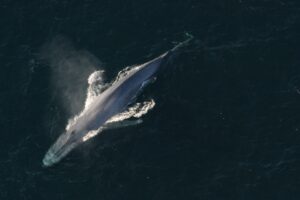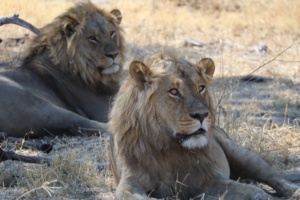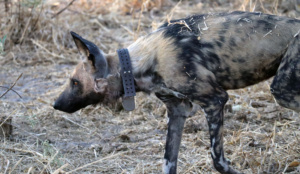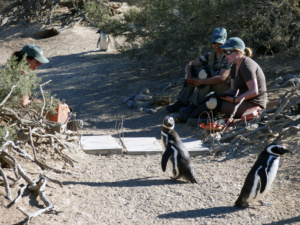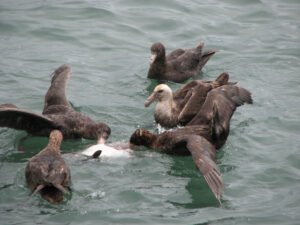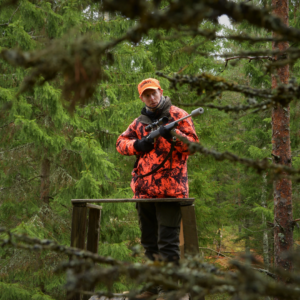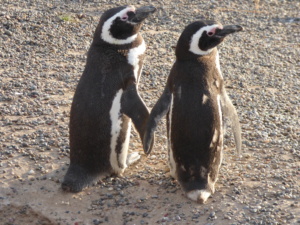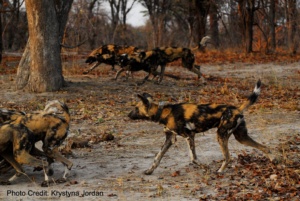Long-distance communication can enable collective migration in a dynamic seascape
Authors: Stephanie Dodson, William K. Oestreich, Matthew S. Savoca, Elliott L. Hazen, Steven J. Bograd, John P. Ryan, Jerome Fiechter & Briana AbrahmsJournal: Scientific ReportsDOI: https://doi.org/10.1038/s41598-024-65827-2 “Social information is predicted to enhance the quality of animals’ migratory decisions in dynamic ecosystems, but the relative benefits of social information in the long-range movements of marine megafauna are unknown. In particular, whether […]
Long-distance communication can enable collective migration in a dynamic seascape Read More »
